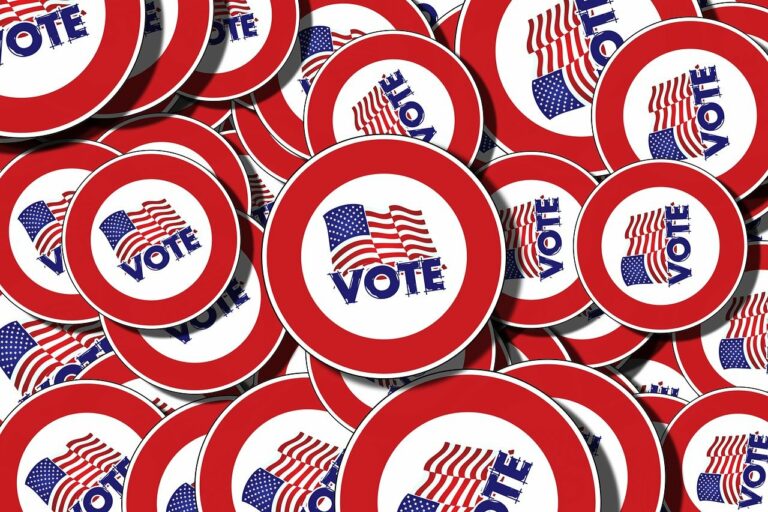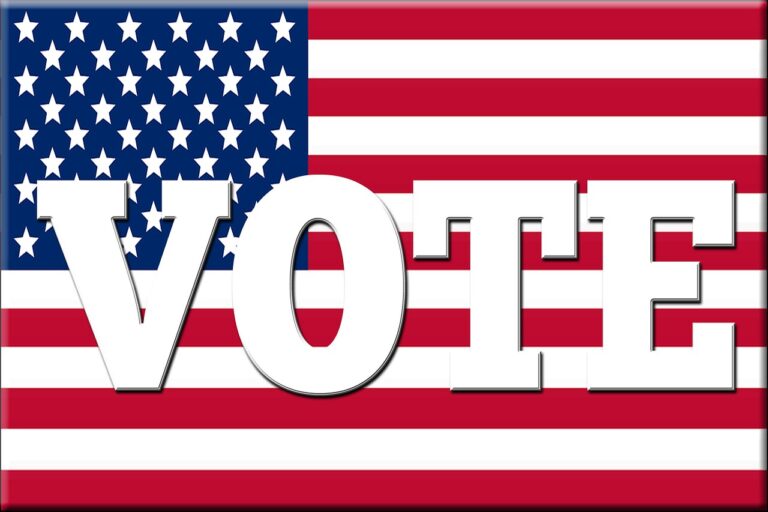Analyzing the Role of Social Media Influencers in Political Campaigns
247betbook, radhe exchange login, world 777 id:Social media has become a powerful tool in political campaigns in recent years, and one of the key players in this digital landscape is the social media influencer. These individuals have amassed a large following across various platforms, allowing them to reach millions of people with just a single post. But what role do social media influencers play in political campaigns, and how effective are they in swaying public opinion? Let’s dive into the world of social media influencers and their impact on politics.
The Rise of Social Media Influencers
Influencers have become a staple in the world of digital marketing, with brands partnering with them to promote products and services to their followers. These influencers are typically seen as authentic, relatable, and trustworthy individuals, making them a valuable asset in reaching and engaging target audiences.
When it comes to political campaigns, influencers can play a similar role by advocating for a specific candidate or cause. Their ability to connect with their followers on a personal level can make their endorsements and opinions highly impactful. In a time where traditional forms of media are losing their influence, social media influencers have emerged as a new way to reach and mobilize voters.
The Power of Social Media in Politics
Social media platforms like Instagram, Twitter, Facebook, and TikTok have revolutionized the way political campaigns are run. Candidates can now directly engage with voters, share their policies and beliefs, and rally support through these platforms. Social media has also democratized the political landscape, allowing grassroots movements and lesser-known candidates to gain visibility and support.
In this digital age, social media influencers have the power to amplify messages and reach audiences that traditional media may not penetrate. Their ability to create engaging content, spark conversations, and drive engagement can make them valuable assets in political campaigns.
Analyzing the Impact of Social Media Influencers in Political Campaigns
So, how effective are social media influencers in political campaigns? Research has shown that influencers can indeed sway public opinion and drive voter engagement. A study by the Pew Research Center found that 40% of adult social media users have been swayed by something they saw on social media related to politics. This highlights the significant impact that influencers can have on shaping public discourse.
Additionally, social media influencers can help humanize candidates and make politics more relatable to the average voter. By sharing behind-the-scenes glimpses, personal stories, and endorsements, influencers can create a connection between candidates and voters that may have otherwise been lacking.
The Role of Regulation and Transparency
While social media influencers can be powerful allies in political campaigns, there are also concerns about transparency and accountability. In recent years, there have been calls for greater regulation of political advertising on social media platforms to ensure transparency and prevent misinformation.
It is crucial for influencers to disclose any paid partnerships or endorsements related to political campaigns to maintain transparency and credibility with their followers. The Federal Trade Commission (FTC) has guidelines in place that require influencers to disclose any sponsored content, including political endorsements, to avoid misleading their audience.
FAQs:
Q: Can social media influencers really sway public opinion in political campaigns?
A: Yes, research has shown that influencers can indeed sway public opinion and drive voter engagement. Their ability to reach large audiences and create engaging content makes them valuable assets in political campaigns.
Q: Are there regulations in place for social media influencers in political campaigns?
A: Yes, the FTC has guidelines in place that require influencers to disclose any sponsored content, including political endorsements, to maintain transparency and credibility with their followers.
In conclusion, social media influencers play a significant role in political campaigns by amplifying messages, reaching new audiences, and driving voter engagement. However, it is essential for influencers to uphold transparency and accountability to ensure the integrity of the political process. As the digital landscape continues to evolve, the influence of social media influencers in politics is likely to grow, shaping the way we engage with and participate in the political process.







